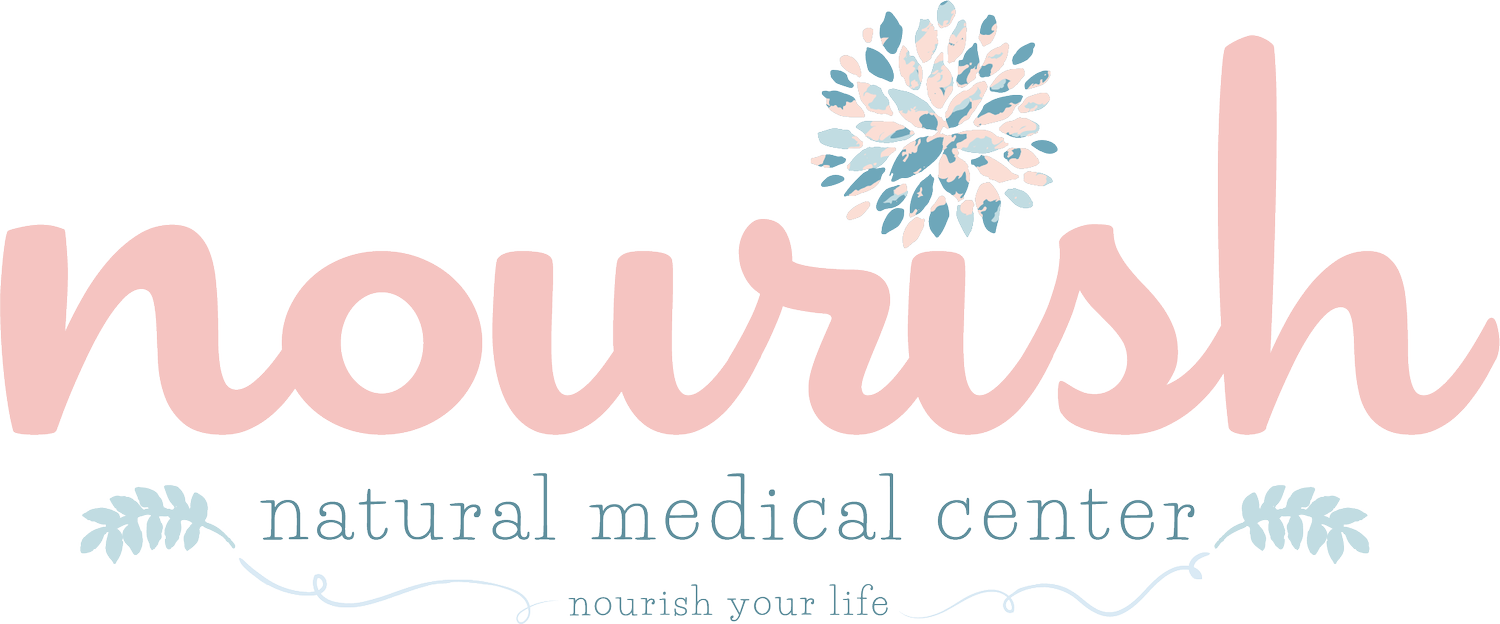Getting Your Mojo Back - Safe & Natural Treatment of Low Testosterone in Male Patients
If you're struggling with fatigue, poor stamina, weight gain, and moodiness, there may be other options to support your hormone levels without taking testosterone.
Low testosterone in male patients, or male hypogonadism, is becoming an increasingly common condition I see in practice. There's a number of potential reasons for this. (I can write more on this if there's interest.) Ultimately, our modern lifestyles tend to cause a lot of stress in the body. The body adapts to this perceived stress, but overtime, hormones often become imbalanced as a response.
It's normal for testosterone levels to decrease as we get older, but a trend that many healthcare providers are seeing in recent years, myself included, is for testosterone to be lower than age-appropriate in young adults. The laboratory reference ranges are decreasing too, and this is a reflection of the overall downward trend amongst the general population.
Low testosterone ("low T") is a problem for a variety of reasons because of the numerous important roles this androgenic hormone plays in the body. For male patients, testosterone regulates libido, the production of sperm, and red blood cells. It also affects bone density, muscle mass, cognition, and mood.
When testosterone levels are too low, or imbalanced in relation to estrogen, male patients may experience fatigue, reduced stamina, loss of muscle mass and/or strength, decreased sexual function and/or desire, sleep disturbances, changes in weight, brain fog, irritability, and increased emotional sensitivity.
There can be numerous other reasons for these symptoms, however. So working with a knowledgeable provider is important. If a patient comes to me with some or many of these symptoms, I'll start by taking a thorough medical history, performing a physical examination, and ordering comprehensive labs to assess red blood cell health, immune function, metabolic function, cholesterol levels, and blood sugar levels. I'll also screen for several nutritional deficiencies that can cause or exacerbate these symptoms such as iron, vitamin D, and zinc. And of course, screening for thyroid, adrenal, or sex hormone imbalance is a must.
When assessing sex hormones, if we look at only the total serum testosterone level, this is a big mistake and will give an incomplete picture. Assessing free, bioavailable testosterone is also critical, along with looking at estradiol (a form of estrogen), and how well the brain and testes are communicating with one another (LH and FSH hormones). Occasionally, I'll also recommend ordering a more in-depth assessment of how the patient's body is metabolizing their sex and adrenal hormones through dried urine metabolite testing (DUTCH). This more complete hormone picture allows me to more accurately diagnose the underlying cause of my patient's symptoms, and helps guide treatment options.
Photo by Egan Eyes Photography
When labs confirm low T, many of my male patients, especially those under the age of 50, are rightfully concerned about jumping straight to testosterone replacement therapy, aka TRT, (typically offered in the form of pellets or injections). Taking exogenous hormones has its own set of risks, including testicular atrophy, reduced fertility and sperm count, and increased risk of blood clots that could result in a heart attack or stroke. And if the dose of the hormone replacement is not carefully monitored, acne, hair loss from the scalp, changes in mood, and enlarged breast tissue can occur. And of course, some patients have personal or family health history that disqualifies them from being a good candidate for TRT altogether.
So for my male patients that are wanting to preserve their fertility, or if they want to avoid starting a hormone that needs to be taken indefinitely for symptomatic control, there are several alternative options.
As a naturopathic doctor, I'm always individualizing the treatment plan for each patient based on their unique symptoms, lifestyle, goals, and risk factors. However, generally, I might use herbs, nutrients, and homeopathy to support a healthier stress response. These therapies can be quite helpful for both symptomatic relief and long-term maintenance of improved hormone levels. These therapies can also help promote better quality sleep and motivation. It's important the therapies chosen help to improve the patient's energy and desire to make healthier dietary and lifestyle choices, as these are foundational for optimal hormone function. If additional support is needed, we can use herbs and nutrients that have a hormone modulating effect to target specific imbalances. LH stimulators, like the drug clomiphene, can also help increase the body's natural production of testosterone. Specific supplements, dietary and lifestyle changes, and medications like anastrozole, can block excess aromatization so that the increased testosterone being made naturally by the body doesn't inappropriately convert to estrogen and undo our hard work.
Feeling vibrant, strong, and happy is possible - dudes, you can get your mojo back if you're exhausted and burned out! I'd love to work with you if you’re wanting to take a more holistic and comprehensive approach to reclaiming your health.



